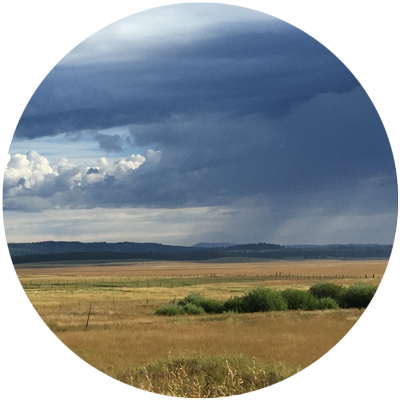
Climate Change & Conservation eNews
Take Action
Home > Climate News > Climate News: Take Action
Sorry, we couldn't find any posts. Please try a different search.



Home > Climate News > Climate News: Take Action
Sorry, we couldn't find any posts. Please try a different search.
